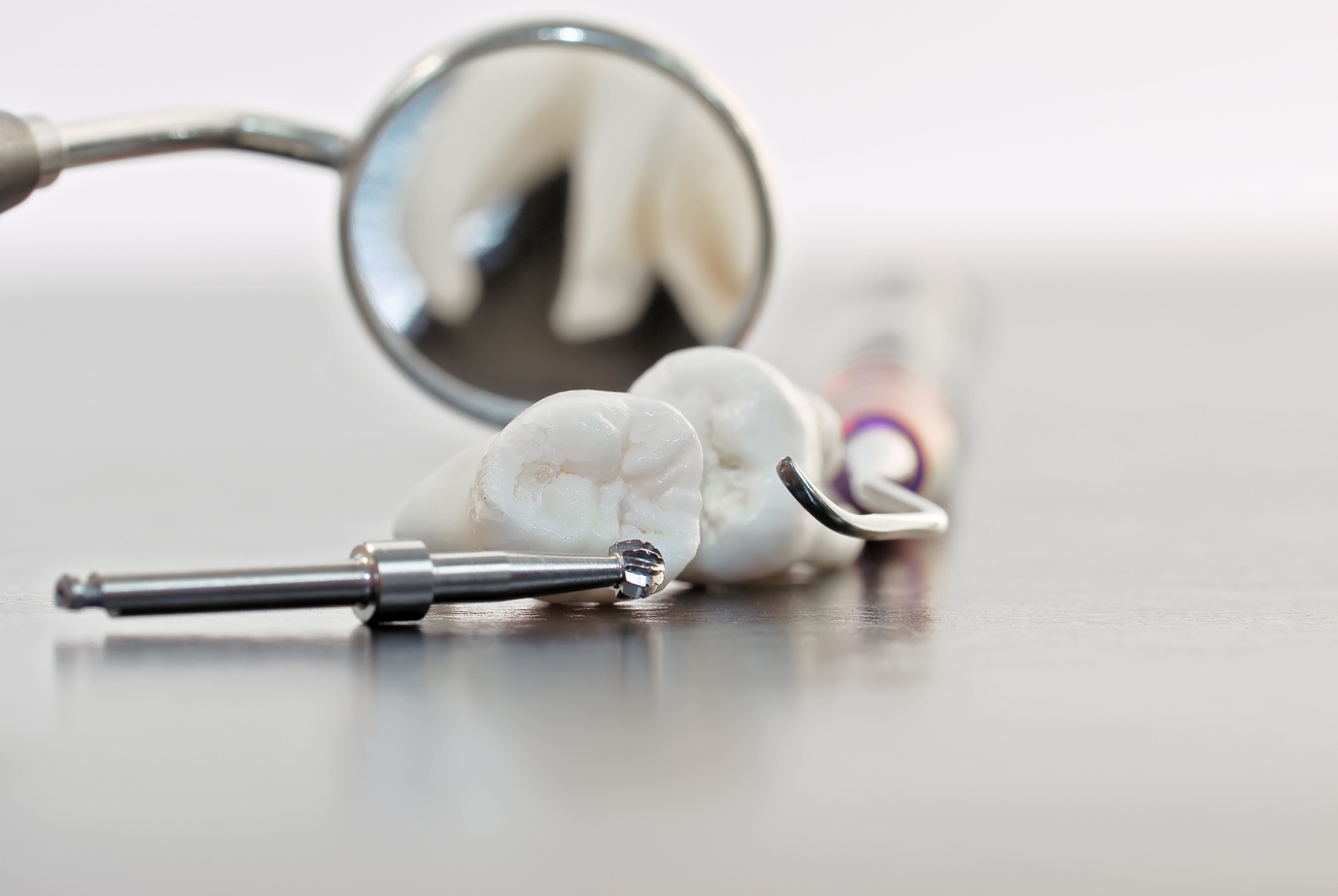FAQ
- Early, late, or irregular loss of baby teeth.
- Difficulty in chewing or biting.
- Crowding, misplaced, or blocked-out teeth.
- Jaws that shift or make sounds.
- Biting the cheek or roof of the mouth.
- Teeth that meet abnormally or not at all.
An orthodontist is a specialist within field of dentistry. They attend 2-3 years of advanced training after dental school, focusing on tooth movement and facial development.
Early treatment allows us to deal with the cause, not the result, of a patient’s orthodontic problem. We focus on improving the skeletal structure of the face in order to straighten and align the teeth. Early care will improve a patient’s appearance and protect current and future teeth from possible damage. We avoid potentially irreversible problems, remove interferences with normal growth and development, and encourage a more favorable growth pattern during the early years of facial skeletal change.
If plaque or food is allowed to settle in and around brackets, decay and decalcification marks (white spots on teeth) can result. Teeth may then need to be repaired or bleached. Similarly, gums can become puffy or discolored if attention is not paid to brushing along the gum line.

Once growth and development has stopped (ages 16 & 17 for women and 20 & 21 for men), some maintenance may be required to preserve the effects of orthodontic treatment. Our goal is to help patients get to a point where they can make an informed decision about how they will maintain their results.
An oral exam will help us determine if a patient’s wisdom teeth need to be removed prior to treatment. We also recommend that a patient make a decision about his or her wisdom teeth before the age of 19.
There are many factors that play a role in how long a patient may need to wear braces. We are only able to estimate how long treatment might last.
When we “tighten braces,” we’re actually changing the elastics that go around the brackets, and adjusting or replacing wires. Appointments are usually every six weeks, but this could vary.
We recommend that patients wear a protective mouthguard when playing contact sports – whether they have braces or not. We make customized mouthguards to protect a patient’s teeth and appliance.



